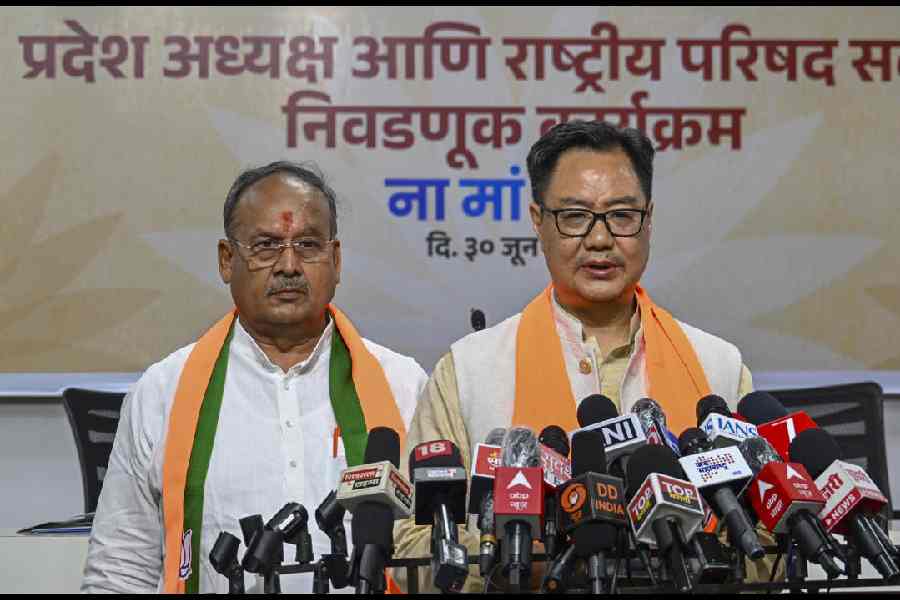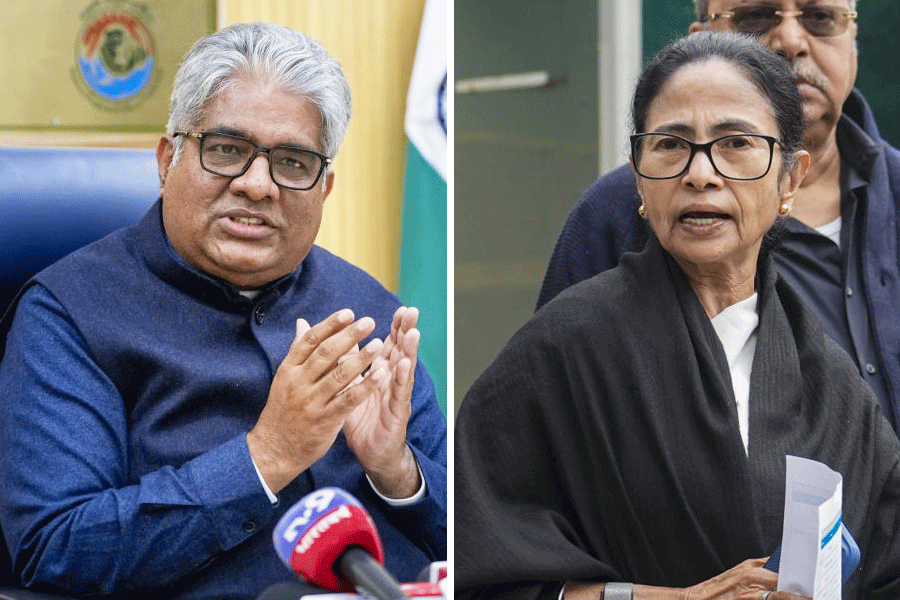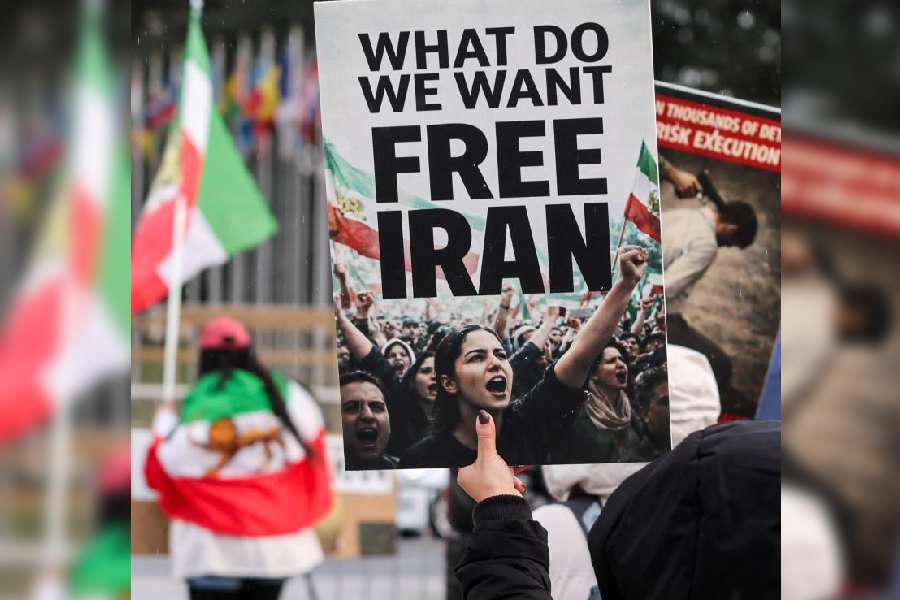The external affairs ministry on Friday made it clear that India does not take any position on religious matters after China objected to minority affairs minister Kiren Rijiju’s statement that only the Dalai Lama and established conventions can determine his successor.
This was the first remark from the external affairs ministry — which usually takes the lead on issues related to Tibet — on the Dalai Lama’s announcement on Wednesday about the continuation of the institution that heads Tibetan Buddhism.
China had earlier in the day warned India against interfering in its “internal affairs” relating to Tibet, adding that New Delhi’s comments and actions could impact the bilateral relationship.
The ties have been getting back on track after being derailed in 2020 following the Ladakh intrusion and Galwan Valley clash.
The external affairs ministry broke its silence on the Dalai Lama’s announcement after the Chinese warning. However, spokesperson Randhir Jaiswal made it clear that he was responding specifically to questions on the Dalai Lama’s announcement.
“We have seen reports relating to the statement made by His Holiness the Dalai Lama about the continuation of the Dalai Lama institution. The government of India does not take any position or speak on matters concerning beliefs and practices of faith and religion,” Jaiswal said, distancing the government from Rijiju’s remarks.
“The government has always upheld freedom of religion for all in India and will continue to do so.”
Objecting to Rijiju’s statement, Chinese foreign ministry spokesperson Mao Ning had said India should be clear about the “anti-China separatist nature” of the 14th Dalai Lama and honour its commitments on Xizang-related issues. China refers to Tibet as Xizang.
According to Reuters, Ning added that India should exercise caution in its words and actions, stop interfering in China’s “internal affairs” with Xizang, and avoid impacting the improving China-India relationship.
India’s longstanding position on the Dalai Lama has been that he is a “revered religious leader” and is “accorded all freedom to carry out his religious activities in India”.
Although the Dalai Lama has made it clear that he is only seeking “genuine autonomy” for the Tibetan people “within the framework of the People’s Republic of China”, Beijing sees him as a separatist and a threat to national unity, particularly because of the support he draws from western capitals and India.
After the Dalai Lama’s announcement, China had said: “The Dalai Lama’s reincarnation must follow the principles of domestic recognition, the ‘Golden Urn’ process, and approval by the central government, in line with religious traditions and laws.”
The Golden Urn process dates back to the Qing dynasty in the 18th century when the Dalai Lama was chosen by a draw of lots from the urn and recognised by the government. Government approval of religious heads remains a norm in China.










